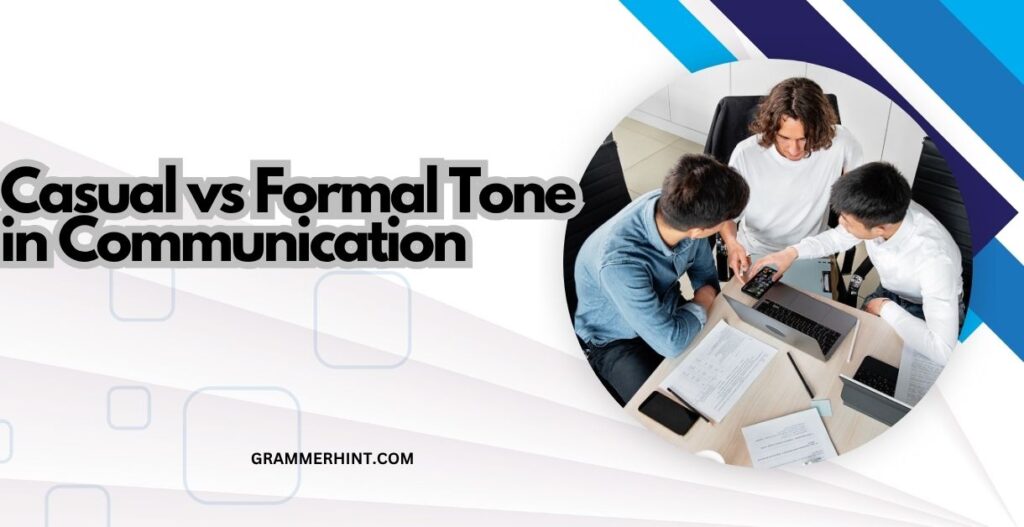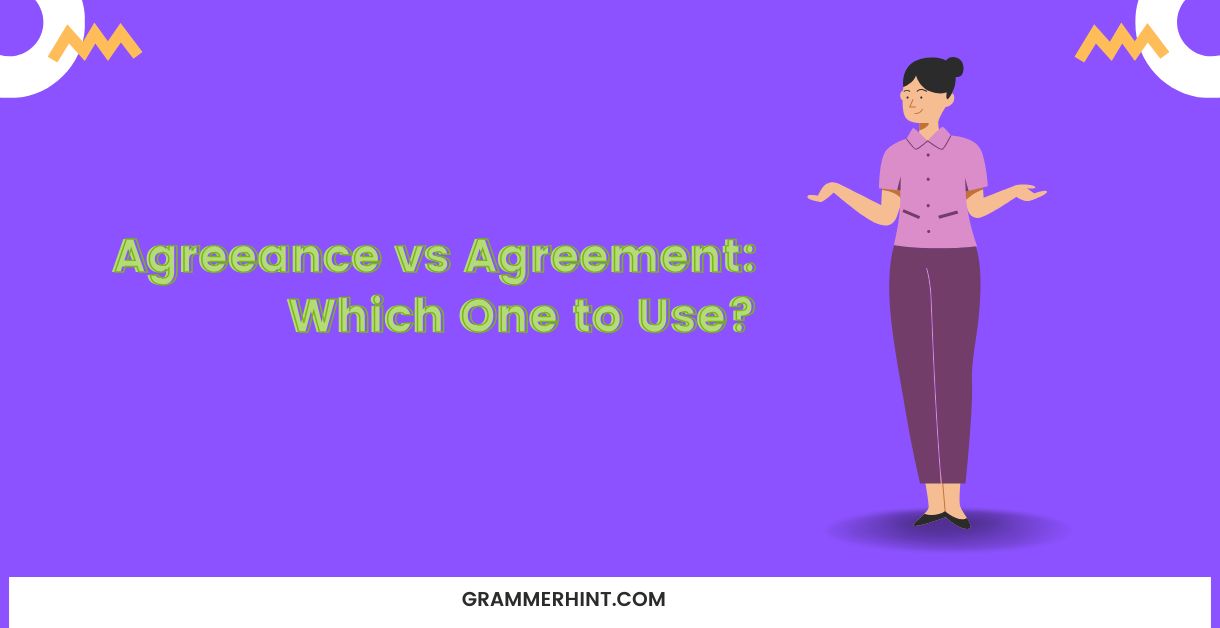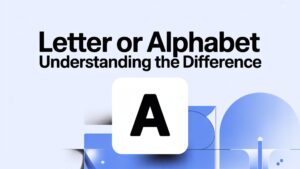Many people find themselves puzzled when choosing between “agreeance” and “agreement.” While they sound similar, one is standard and widely accepted, while the other often raises eyebrows. So, “agreeance vs agreement: which one to use?”
Let’s dig deep into the difference between “agreeance” and “agreement”, when and how to use each word, and why it even matters especially in business writing, contracts, or everyday conversation.
What’s Causing the Confusion?
You’ve probably seen both used somewhere, especially online. But grammar confusion around words like agreeance and agreement stems from how English vocabulary evolves, and how formal vs informal vocabulary in English is interpreted in various contexts.
Let’s clarify with solid facts, real examples, and practical usage.
What Is the Meaning of “Agreeance”?
Agreeance Definition
The word “agreeance” is technically a real word, though it’s archaic and rarely used in modern standard English usage.
- Agreeance meaning: The state of being in agreement or harmony with someone or something.
Example:
“After much debate, we finally came to an agreeance on the color of the wedding invitations.”
Sounds odd, right? That’s because while it is grammatically correct, it’s considered outdated or informal.
🟨 So, is agreeance a real word?
Yes. But its use is extremely rare and often considered nonstandard in formal contexts. Most style guides recommend replacing it with “agreement.”
What Is the Meaning of “Agreement”?
Agreement Meaning
Now here’s a word you’ll see everywhere—from business emails to legal contracts.
- Agreement is the standard, formal term used to refer to mutual understanding, a deal, or a written contract.
Example:
“We signed the agreement yesterday and will proceed with the partnership next month.”
Agreement is:
- Universally accepted
- Used in legal documents
- Common in business writing and professional communication
Difference Between Agreeance and Agreement
Let’s look at the word comparison in clearer terms:
| Feature | Agreeance | Agreement |
|---|---|---|
| Usage | Rare, informal, outdated | Standard, accepted |
| Tone | Casual or colloquial | Professional and formal |
| Appearance in Contracts | ❌ Rarely, if ever | ✅ Common |
| Accepted in Legal Documents | ❌ Not preferred | ✅ Yes |
| Language Style Guide Approval | ❌ Not recommended | ✅ Strongly recommended |
| Example Usage | “We’re in agreeance.” | “We’re in agreement.” |
When to Use Agreeance
✉️ Email Scenario (Informal)
Subject: About the Party Location
Hey Tony,
Just wanted to touch base about Saturday’s plan. I think we’re in agreeance that Jimmy’s place works best?
Let me know if anything changes!
Cheers,
Lana
✅ This kind of usage is okay in casual speech or informal messages among friends.
❌ But avoid using “agreeance” in professional emails or legal writing.
When to Use Agreement

✉️ Email Scenario (Formal)
Subject: Finalizing the NDA Terms
Dear Mr. Holmes,
I’m pleased to confirm that we’ve reached an agreement on all terms outlined in the attached NDA. Kindly review and send back a signed copy at your earliest convenience.
Best regards,
Derrick Williams
Legal Counsel, Zenith Inc.
✅ This is the correct word usage in professional or legal communication.
Proper Word Usage in Formal vs Informal Settings
When comparing formal vs informal language, always default to “agreement” in:
- Contracts
- Business negotiations
- Professional emails
- Academic writing
Use “agreeance” only when:
- You’re speaking casually
- Writing dialogue
- Trying to evoke a folksy or humorous tone
Think of it like choosing between a tuxedo and sweatpants. “Agreement” is your formal attire.
Grammar Clarity and Professionalism
Using precise vocabulary enhances grammar clarity in writing and keeps your tone professional.
Poor example:
“The two companies are in agreeance regarding the merger.”
Better:
“The two companies are in agreement regarding the merger.”
This small change improves your writing clarity and maintains professional communication standards.
Linguistic Evolution and Word Origin
Let’s explore the English word origins of both.
- Agreement comes from Middle English agrement, tracing back to Old French agreer, meaning “to please.”
- Agreeance is an old construction, formed by adding the -ance suffix to “agree,” following patterns like accept → acceptance or perform → performance.
But unlike those examples, “agreeance” never gained widespread acceptance in modern English.
🧠 Suffix -ance vs -ment
| Suffix | Common Usage | Example |
|---|---|---|
| -ance | Abstract states or actions | resistance, attendance |
| -ment | Result or process | agreement, development |
“Agreeance” technically follows the -ance structure, but “agreement” won in terms of usage and acceptance.
Common English Mistakes
People often fall into the trap of using rare or outdated words to sound smarter. Unfortunately, this leads to common blunders like:
- “We’re in agreeance” instead of “We’re in agreement”
- “Irregardless” instead of “Regardless”
- “Supposably” instead of “Supposedly”
🚫 Avoid these in formal communication. They affect grammar clarity and your credibility.
Agreement Examples in Legal Writing
Here are a few agreement examples commonly seen in contracts and legal texts:
- Written agreement: “This Agreement is made on the 25th of June, 2025, between…”
- Verbal agreement: “The parties entered into a verbal agreement, later confirmed in writing.”
- Mutual understanding: “The contract reflects the mutual understanding of both entities.”
No legal team would ever write, “This Agreeance is made…” unless they wanted to get laughed out of court.
Contract Terminology and Word Choice
When it comes to contract terminology, precision is everything.
❗ Quick Tip:
Always use “agreement” when referencing:
- Employment terms
- Lease contracts
- Partnership deals
- Confidentiality clauses
Agreeance simply doesn’t cut it in legally binding language.
Casual vs Formal Tone in Communication

Tone matters.
- “I think we’re in agreeance on pizza for dinner” → 🟢 Fine in a text.
- “This agreeance shall bind both parties…” → 🔴 Not acceptable.
Key difference:
“Agreement” can shift between casual and formal, while “agreeance” sticks to informal or slang usage.
English Vocabulary: What to Remember
Here’s a checklist when deciding between “agreeance vs agreement.”
- ✔️ Use “agreement” in any professional or written form
- ❌ Don’t use “agreeance” in business or academic contexts
- ✔️ Feel free to say “agreeance” in casual speech, but know it’s not preferred
- ✔️ For writing clarity, always choose the more widely understood term
Synonyms of Agreement
Need variety? Try these synonyms of agreement:
- Accord
- Understanding
- Consensus
- Arrangement
- Deal
- Pact
- Contract
- Treaty
These can improve English spelling tips and make your writing more dynamic.
Word Comparison Recap: Agreeance vs Agreement
Let’s wrap this up in a quick reference guide:
| Word | Use It In | Avoid It In | Tone |
|---|---|---|---|
| Agreeance | Casual chats, dialogue | Legal docs, business emails | Informal |
| Agreement | Contracts, negotiations, academic writing | Slang-heavy speech (rarely) | Formal & Flexible |
Final Thoughts: Grammar Tips for Real-World Usage
Here’s the golden rule:
If you’re ever unsure, go with “agreement.” It’s universally understood, clear, and works across all forms of communication.
Keep in mind:
- The goal is grammar clarity, not verbal gymnastics.
- Use correct word usage to maintain trust, especially in professional communication.
- Knowing when and where a word fits shows mastery—not just vocabulary, but tone and intent.
Conclusion: Agreeance vs Agreement – Which One to Use?
So, when it comes down to “agreeance vs agreement: which one to use?” — the answer is crystal clear.
- Use “agreement” for everything professional, legal, and polished.
- Use “agreeance” only if you’re being cheeky, casual, or quoting someone.
The proper spelling and usage of words makes all the difference in writing clarity and how people perceive your message. Whether you’re signing a deal or chatting with friends, knowing the difference between agreeance and agreement helps you choose the right tone, every time.









